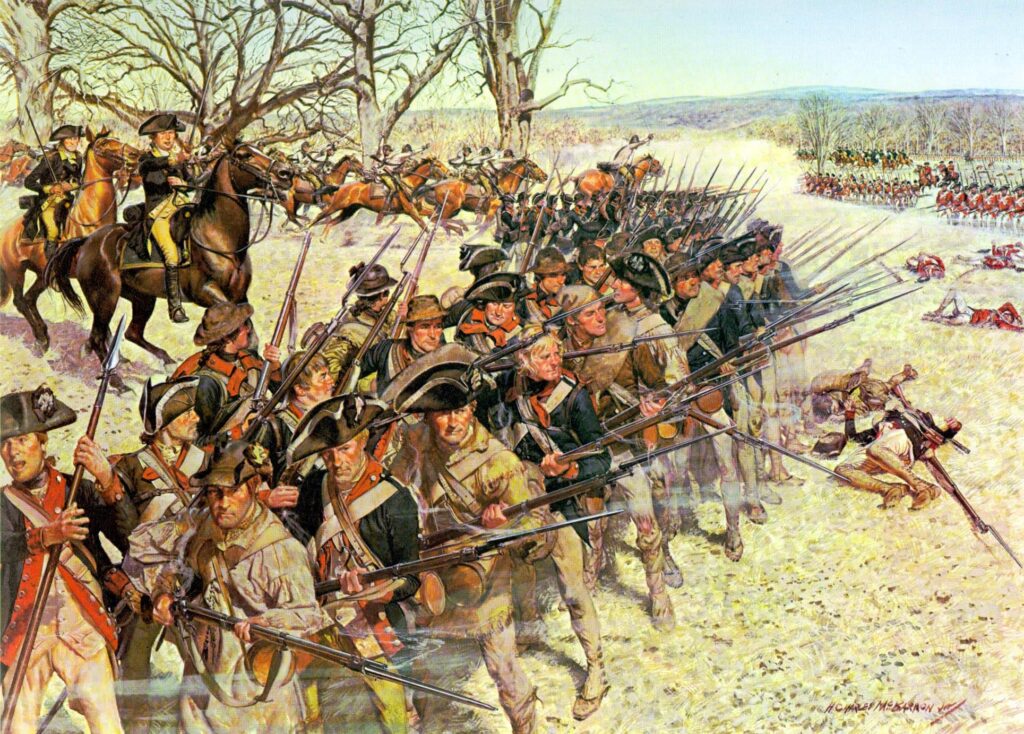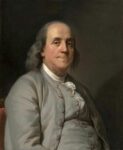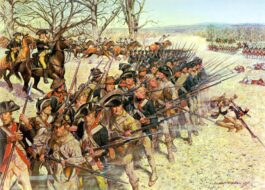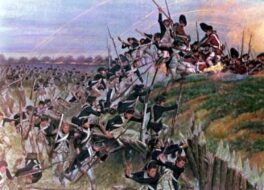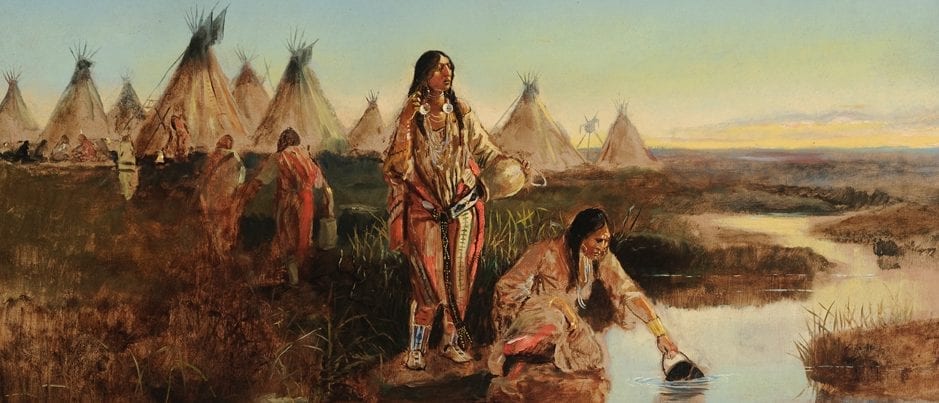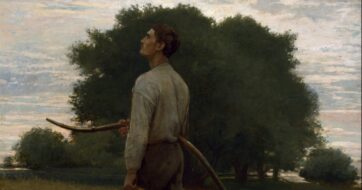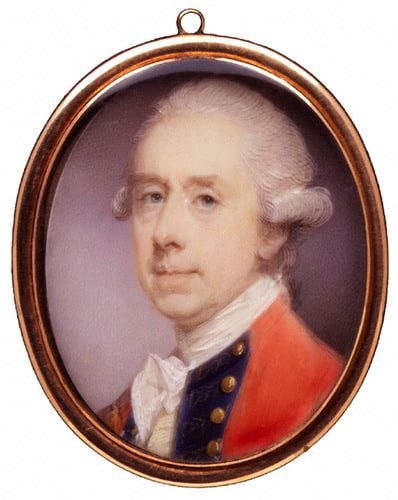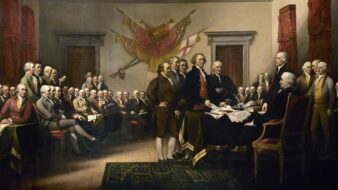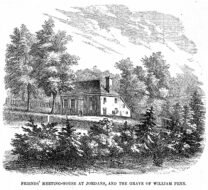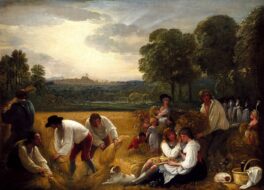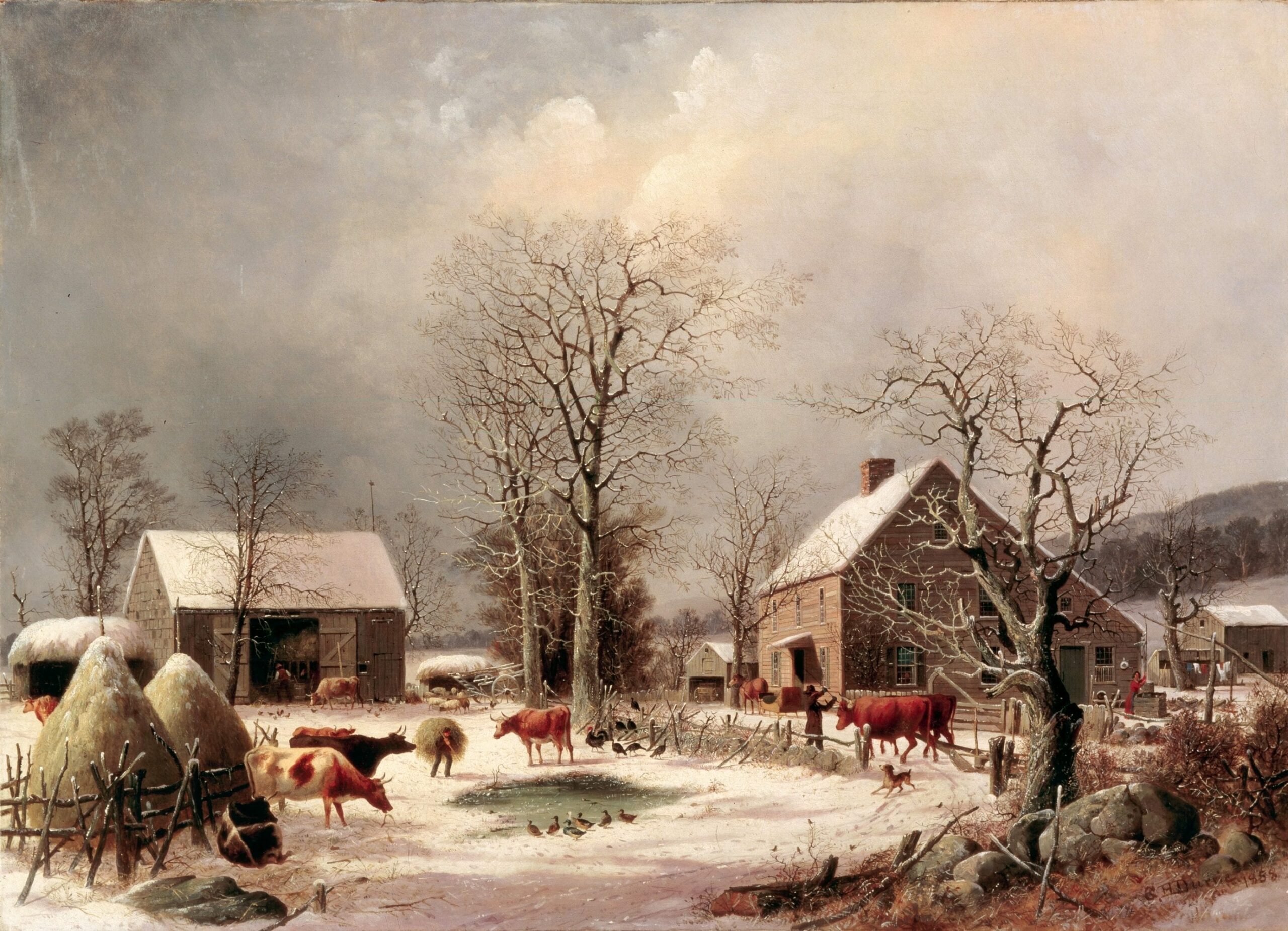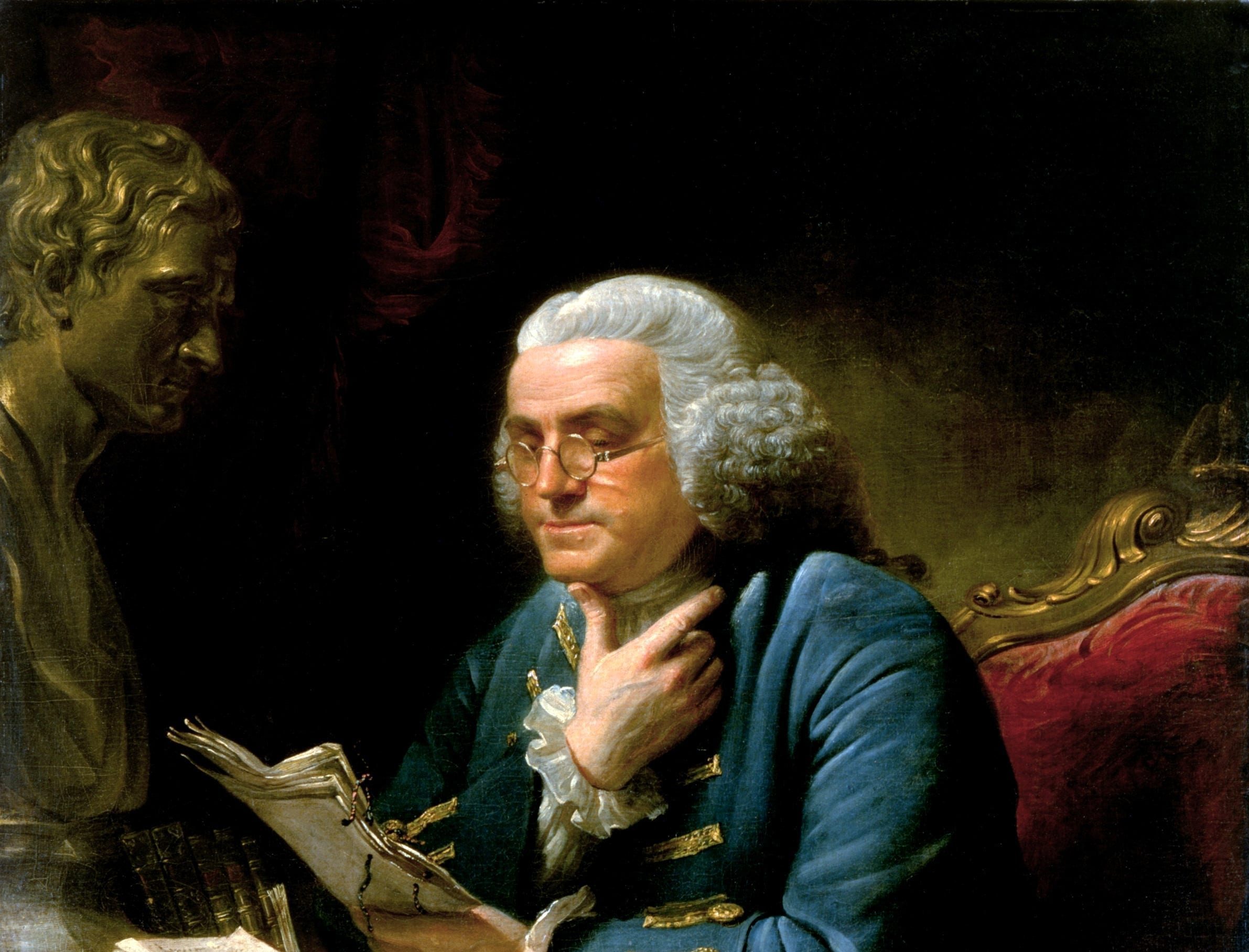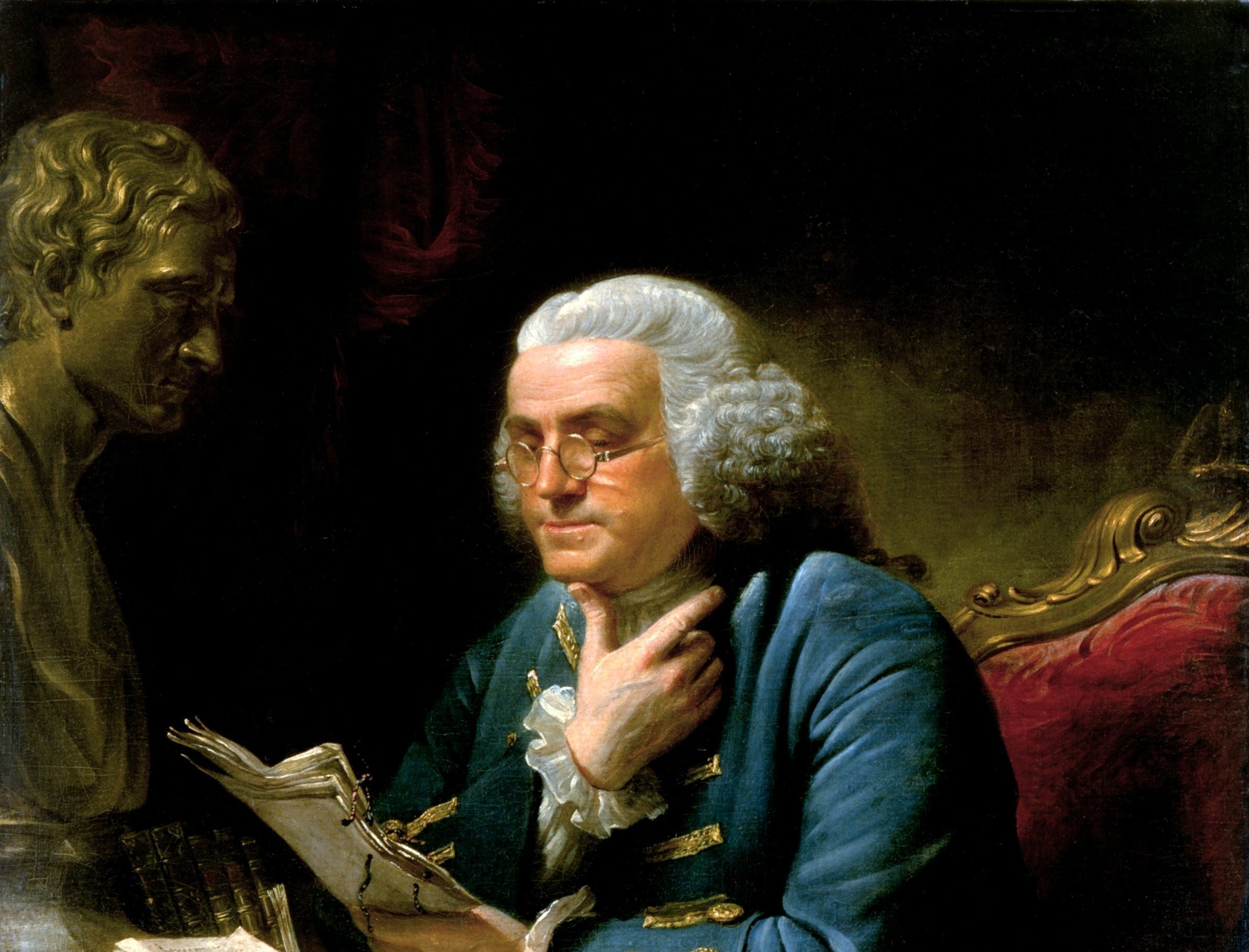Introduction
In the decade prior to the Coercive Acts, many colonists greeted with skepticism radicals’ claims that Great Britain’s imperial policy aimed to “enslave” them. After all, nearly every time they pushed back against objectionable measures, Parliament had repealed them. The hardline approach taken by the British government after the Boston Tea Party, however, had the effect of making men such as James Otis and Samuel Adams seem more like prophets than conspiracy theorists. Even fewer colonists harbored doubts about Britain’s intentions after Lieutenant General Thomas Gage, acting on orders passed down from George III, dispatched hundreds of Redcoats to seize gunpowder and artillery pieces that colonists had stored in Concord, about eighteen miles from Boston—and to capture, if possible, John Hancock and Samuel Adams, leaders of the Massachusetts Provincial Congress (which had been the colony’s elected legislature prior to October 1774, when Gage decided to dissolve it). The attack was premised on the belief in London that Americans were cowards who would not fight. Gage feared otherwise, but hoped to preserve the secrecy of the mission in order to capitalize on the element of surprise.
During the April 19 Battles of Lexington and Concord, Redcoats learned that many Massachusetts men were itching for a fight—and had been informed of their mission hours before their arrival. Hancock, Adams, and most of the military supplies evaded capture, and by the end of the day the British had suffered more than three times as many casualties as the colonists. This April 20 letter from Boston merchant John Andrews (1743–1822) to his brother-in-law, Philadelphia merchant William Barrell (d. 1776), reveals the shock and uncertainty resulting from the initiation of warfare as well as the speed with which a Bostonian not directly involved in the fighting could grasp the essential elements, if not all the exact details, of what had just happened.
—Robert M.S. McDonald
Source: Winthrop Sargent, ed., “Letters of John Andrews, Esq., of Boston,” Proceedings of the Massachusetts Historical Society8 (1864–65): 403–5. https://archive.org/details/proceedingsofmas08mass/page/402
Yesterday[1]produced a scene the most shocking New England ever beheld. Last Saturday P.M.[2]orders were sent to the several regiments quartered here not to let their grenadiers or light infantry do any duty until further orders, upon which the inhabitants conjectured that some secret expedition was afoot, and being on the lookout, they observed those bodies upon the move between ten and eleven o’clock the evening before last,[3]observing a perfect silence in their march towards a point opposite Phipps’s farm, where [boats?] were in waiting that conveyed them over [the Charles River to Cambridge]. The men appointed to alarm the country[4]upon such occasions got over by stealth as early as they [could] and took their different routes. The first advice we had was about eight o’clock in the morning, when it was reported that the troops had fired upon and killed five men in Lexington—previous to which an officer came express to his excellency Governor Gage, when between eight and nine o’clock a brigade marched out under the command of Earl Percy,[5]consisting of the marines, the Welsh fusiliers, the 4th Regiment, the 47th [regiment], and two field pieces. About twelve o’clock it was gave [sic] out by the general’s aide [de] camps that no person was killed, and that a single gun had not been fired, which report was variously believed—but between one and two, certain accounts came that eight were killed outright and fourteen wounded of the inhabitants of Lexington—who had about forty men drawn out early in the morning near the meetinghouse[6]to exercise. The party of the light infantry and grenadiers, to the number of about eight hundred, came up to them and ordered them to disperse. The commander of them[7]repliedthat they were only innocently amusing themselves with exercise, that they had not any ammunition with them, and therefore should not molest or disturb them. Which answer not satisfying, the troops fired upon and killed three or four, the others took to their heels and the troops continued to fire. A few took refuge in the meeting[house], when the soldiers shoved up the windows and pointed their guns in and killed three there. Thus much is best account I can learn of the beginning of this fatal day.
You must naturally suppose that such a piece would rouse the country (allowed the report to be true). The troops continued their march to Concord, entered the town, and refreshed themselves in the meeting and town house. In the latter place they found some ammunition and stores belonging to the country, which they found they could not bring away by reason that the country people had occupied all the posts around them. They therefore set fire to the house, which the people extinguished. They set fire a second time, which brought on a general engagement at about eleven o’clock. The troops took two pieces [of] cannon from the peasants, but their numbers increasing they soon regained them, and the troops were obliged to retreat towards town. About noon they were joined by the other brigade under Earl Percy, when another very warmengagement came on at Lexington, which the troops could not stand; therefore [they] were obliged to continue their retreat, which they did with the bravery becoming British soldiers—but the country [militia] were in a manner desperate, not regarding their cannon (any more) in the least, and followed them till seven in the evening, by which time they got into Charlestown, when they left off the pursuit, lest they might injure the inhabitants. I stood upon the hills in town and saw the engagement very plain. It was very bloody for seven hours. It’s conjectured that one half the soldiers at least are killed. The last brigade was sent over the ferry in the evening to secure their retreat—where they are this morning entrenching themselves upon Bunker’s Hill [to] get a safe retreat to this town. It’s impossible to learn any particulars, as the communication between town and country is at present broke off. They were till ten o’clock last night bringing over their wounded, several of which are since [dead], two officers in particular. When I reflect and consider that the fight was between those whose parents but a few generations ago were brothers, I shudder at the thought, and there’s no knowing where our calamities will end.


